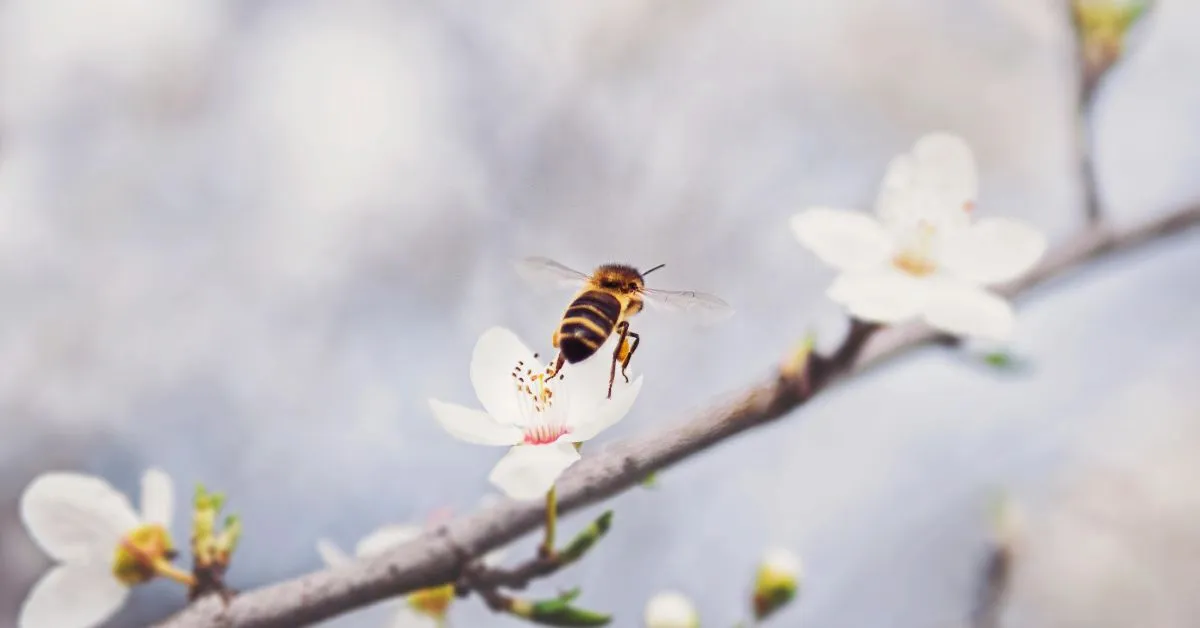
Honeybees play a key role in pollinating many plants. However, bee populations are decreasing due to factors like pesticides, habitat loss, pollution, and climate change
Israeli researchers have identified a crucial connection between a honeybee's diet and its ability to nurse larvae, which is vital for colony health. News agency ANI reported about the findings, which has been published in the journal Animal Behaviour.
These findings could aid efforts to reverse the decline in honeybee populations, the news report added.
Honeybees play a key role in pollinating many plants, including numerous crops. An estimated one-third of the human diet relies on these pollinators. However, bee populations are decreasing due to factors like pesticides, habitat loss, pollution, and climate change.
"Balanced nutrition is fundamental for honeybee colonies, impacting not just individual health but also the overall efficiency and survival of the hive," said Professor Sharoni Shafir from Hebrew University, who led the study. The research highlights the importance of maintaining a balanced omega-6:3 ratio in bees' diets so that they can perform their essential roles in the colony effectively.
The study found that an unbalanced diet, particularly one with a high omega-6 to omega-3 ratio (5:1), significantly impaired the honeybees' ability to nurse larvae. This diet imbalance delayed the onset of nursing, reduced nursing frequency, and disrupted larval care.
The researchers conducted an experiment where one-day-old worker bees were fed either a balanced or unbalanced diet for seven days. The bees were then tagged with barcodes, placed in a common garden hive, and monitored for six days.
Bees on the unbalanced diet showed delayed nursing behavior and struggled to differentiate between larvae of different ages, particularly three-day-old and four-day-old larvae.
These findings are concerning, especially in agricultural areas where nutritionally balanced pollen is often scarce. This scarcity can lead to a higher omega-6:3 ratio in bee diets, potentially threatening bee populations by affecting their cognitive abilities and overall colony sustainability.
Professor Shafir emphasized the need for conservation efforts to ensure diverse and nutritionally adequate pollen sources for bees.
"This study opens new avenues for further research linking fitness-related behaviors to nutritional balancing in honeybees," Shafir said.
"It also highlights the need for increased awareness and measures to support the nutritional needs of honeybees, essential for maintaining their populations and the vital pollination services they provide," Shafir added.
ALSO READ| Beehives Distributed To Master Beekeepers In Meghalaya
The Story Mug is a Guwahati-based Blogzine. Here, we believe in doing stories beyond the normal.